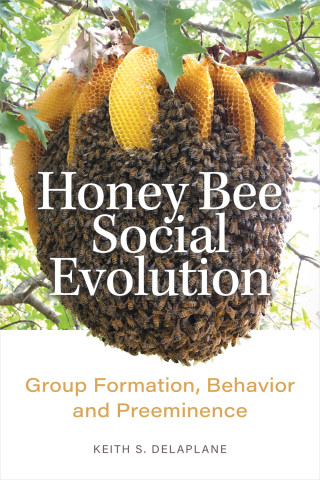
Reviews
Mark Denny’s beer book is different. Neither an 'ultra-technical account of the brewing process' nor a 'how-to plus a lot of recipes,' Froth! is a theoretical physicists exploration of the math and science behind the beer-brewing process. Packed with humor, history, and DIY enthusiasm, Denny shares with readers how he uses physics to home-brew his own beers that froth higher and taste better.
Froth! offers a delicious blend of history and science that will delight beer aficionados and science buffs everywhere.
Accomplished home brewer and physicist Mark Denny has crafted a scientific yet extremely accessible, investigation of the physics and chemistry of beer.
Froth! is a nice read, garnished with just the sort of wit I'd expect from a British-born beer aficionado. It will be especially useful to home brewers, as it explains step by step how to make the stuff yourself.
Froth! earns a solid 'A' for bringing science, brewing, and good writing together.
For a scientist, Denny's approach is delightfully down to earth... There's plenty for the beerophile in Froth!
Denny provides a scientifically sound and often witty investigation of the physics and chemistry of beer.
Beer is intriguing enough, but Denny's enjoyment of the subject adds to the fun.
A lively yet scientific examination of the physics and chemistry of beer.
Books about beer tend to be either purely descriptive or wholly scientific. Rarely does a book combine the two, much less with genuine wit and charm. Froth!... is the exception. It is a great joy to read and contains a wealth of information for a wide audience... Highly recommended.
Denny... keeps the book interesting with his light and informal writing style and a good sense of humor... Froth! is a perfect book for the home-brewing beer aficionado who is looking for more than 'Brewing 101' but less than a master’s degree in the subject.
Anyone with an interest specifically in how traditional craft relates to science-based industry would also find Froth! an entertaining and illuminating case study.
If Mark Denny brews his brew as good as his wit, I'll be round to his house in a flash.
Book Details
Acknowledgments
Introduction
1. The Evolution of Beer
2. How to Make Good Beer at Home
3. Yeast Population Dynamics
4. Brewing Thermodynamics
5. Bubbles
6. Fluid Flow
7. Final Thoughts
Glossary
Bibliography
Inde
Acknowledgments
Introduction
1. The Evolution of Beer
2. How to Make Good Beer at Home
3. Yeast Population Dynamics
4. Brewing Thermodynamics
5. Bubbles
6. Fluid Flow
7. Final Thoughts
Glossary
Bibliography
Index






